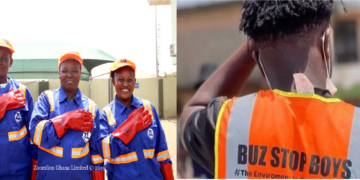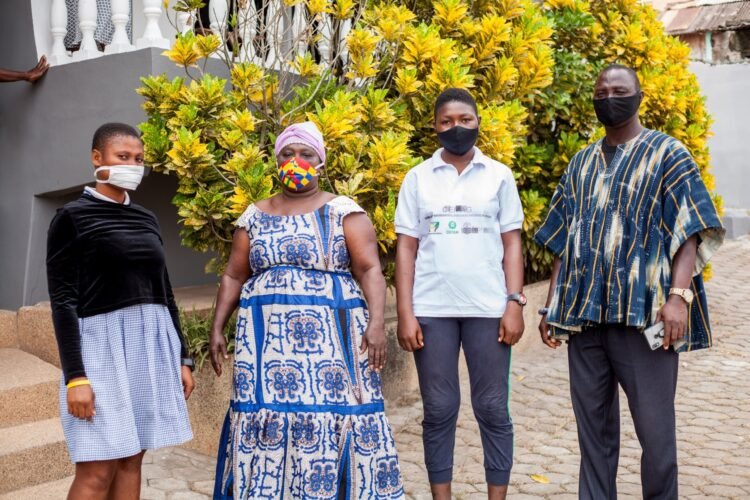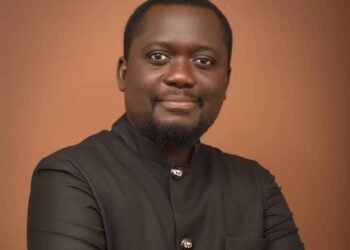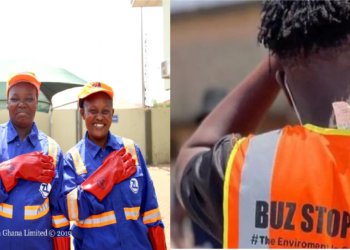
As the threat of Coronavirus remains high, governments have kept schools closed, pushing parents, teachers, and administrators to find and adopt innovative ways for teaching and learning to continue.
Even though some with the government’s support have latched on to distance learning options like the television, internet, and smartphone, there are others unable to access and benefit from these resources.
This was the driver for Tullow and Youth Bridge Foundation’s collaboration for the STEM Radio School education initiative.
In coastal communities of the Western Region of Ghana, these limited educational resources, presents an inequality gap posing a concern for parents with the interruption of formal education of their wards due to the risk of Covid-19 infections and government restrictions.
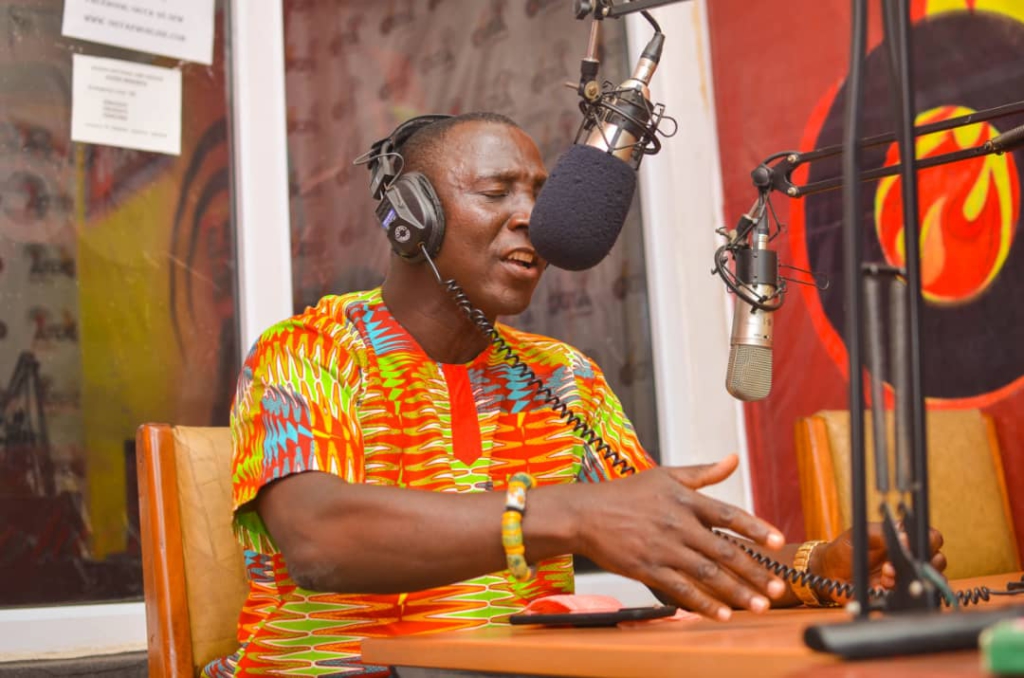
Nana Ebo Ansah is one such parent. He is a Chief Fisherman in Lower Dixcove, a fishing community in Ghana.
Nana Ebo Ansah is a very busy man who is keen to ensure his daughter’s education remains on track during this period of inactivity.
It was therefore good news when Tullow Ghana in collaboration with Youth Bridge Foundation rolled out the Tullow STEM Radio School in the Western Region of which Lower Dixcove receives coverage.
Through its implementors, Youth Bridge Foundation, Mathematics, English, and Science lessons are broadcast via live radio to Junior High and Senior High School students.
This is because the “good old radio” set remains the most widely accessible medium of communication in such rural communities.
Nana Ebo Ansah has become a Tullow STEM Radio School-Champion after noticing the positive impact on his daughter, Abigail Esi Ansah, a JHS 3 student of Busia M A JHS in Dixcove who follows the radio lessons.
He explained that “When you tune in to the radio school, there is no doubt that the children are really learning. Whenever my daughter, Abigail tried to study at home during the lockdown, she would always fall asleep but with the introduction of the Radio School, she is always active and anxious to learn each time the lessons begin.
“Together with her friends, they sit together and listen attentively, and I do well to make my phone available for the call-in segments. In fact, without this program, I am not sure how my daughter would have coped these past few months. Now, she is well prepared to take her final exams and I am grateful to the organisers.”

Also sharing her thoughts about the Tullow STEM Radio School is Madam Efua Asankoma a fishmonger at Ngyiresia in STMA, who also commended Tullow for the programme.
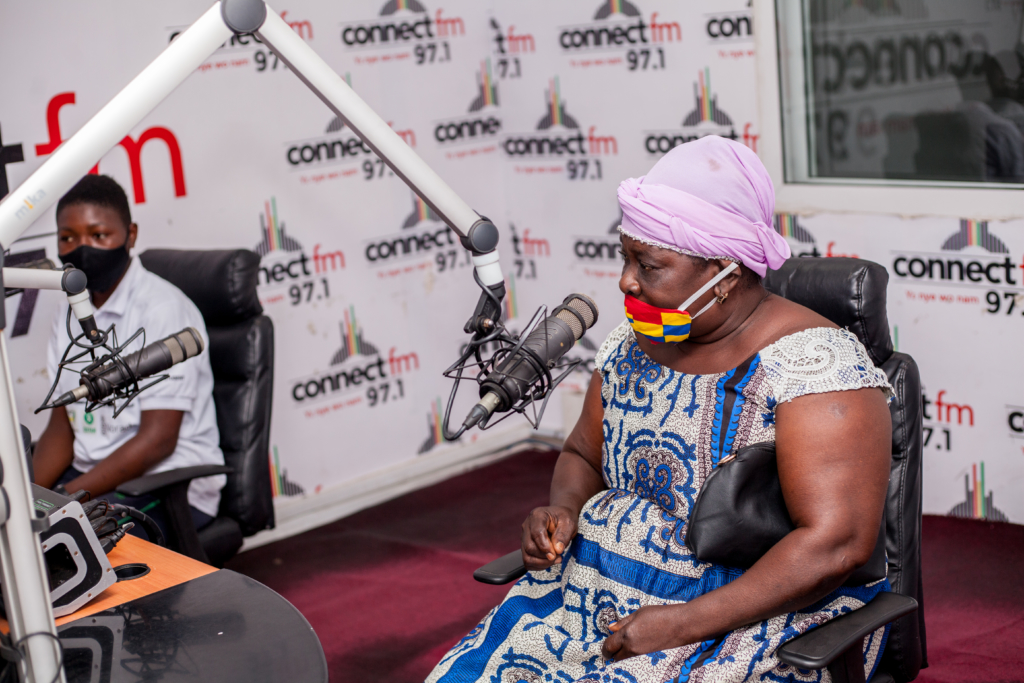
She testified of how the initiative has helped her daughter in continuing her studies at home despite the impact of the Covid-19 pandemic on education and the technology gaps in communities like hers.
‘’My daughter consistently joins these sessions whenever it starts. It has been very helpful. We are grateful to Tullow and we would encourage every parent to make sure their wards join these sessions, so they are not left out’’. Madam Efua Asankoma said.
The STEM radio sessions tailored to meet the needs of JHS and SHSs students, has caught the attention of a Class 6 pupil Audrey Banfo Boadu who is now an ardent listener even though she isn’t writing examinations.
Audrey joins the sessions daily and says but for this initiative, she would have been joining her friends to play and might not have the guidance to study.
Nana Ebo Ansah, Madam Efua Asankoma and Audrey Banfo Boadu represent numerous parents and wards who live within Tullow’s operational area in over seven districts of the Western Region; Shama, STMA, EKMA, Jomoro, Ellembelle, Ahanta West and Nzema East who are the beneficiaries of the Tullow STEM Radio School since.
For the parents, their wards are able to learn and keep up with their counterparts in urban areas, a situation that brings them a lot of joy.
The STEM Radio School has been running since April 2020 when the pandemic took a foothold in Ghana.
The initiative is part of Tullow’s commitment to improve the quality of STEM education in communities where it operates and improve student success rates at the BECE and WASSCE expanding the future opportunities for young people beyond traditional work such as fishing.
Source:myjoyonline.com


